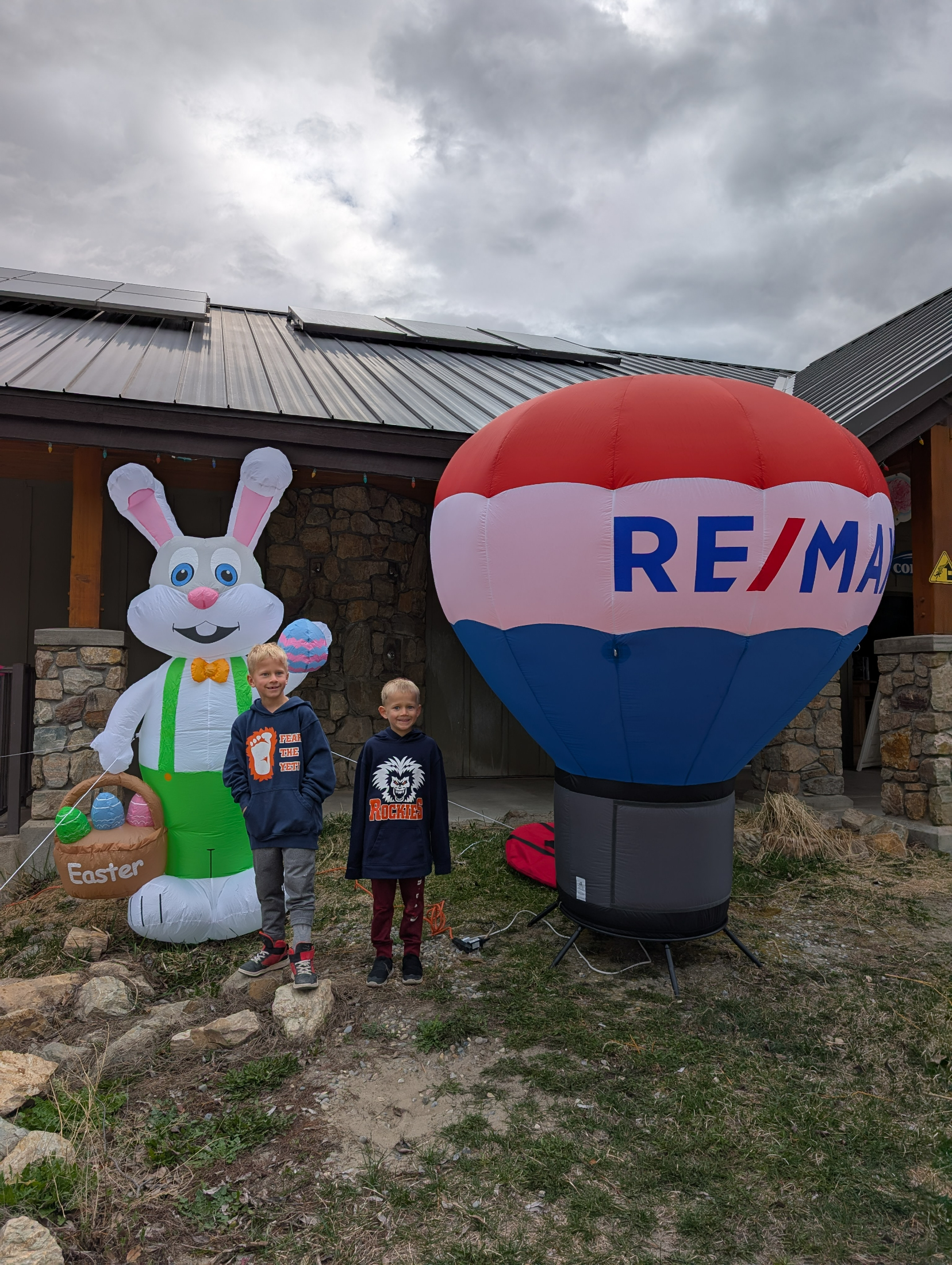As we welcome the new year, January often brings renewed energy, fresh goals, and a reset mindset. While many are embracing resolutions, the real estate market in the Columbia Valley is also adjusting—though not quite with fireworks. Let’s take a look at how the new year kicked off across Invermere, Radium, Windermere, Fairmont, Canal Flats, and surrounding communities.
📉 A Softer Start to 2026
The year began with 15 homes sold, a 46% drop compared to the 28 sales in January 2025. This is also well below the 5-year January average of 26. New listings were also down 40.7%, with just 35 homes hitting the market compared to 59 the year prior.
Though this may sound like a slow start, it’s important to note that winter months typically bring less market activity as both buyers and sellers ease into the year.
💲 Prices Slide—An Opportunity for Buyers?
Average sale prices dropped 19.85%, from $545,930 in January 2025 to $437,553 in January 2026. Similarly, average list prices fell 18.22% year-over-year. While this shift can feel discouraging to some sellers, it also presents a strategic entry point for buyers looking to invest while prices are lowerdoc.
Additionally, the average days on market rose to 95, indicating buyers are taking more time and being cautious, which is typical after the holidays.
🏠 Inventory and Absorption: A Balanced Start
We saw 186 active listings at the end of January, a 6.5% decline from last year. The months of supply sat at 5.18, down slightly from 5.66 in January 2025. This suggests we're hovering near a balanced market, where neither buyers nor sellers hold a clear advantage.
💡 What This Means for Buyers & Sellers
Buyers: With softening prices, longer average days on market, and healthy inventory, this could be your chance to shop carefully and negotiate favorably.
Sellers: It’s more important than ever to position your home competitively. Pricing right and investing in strong marketing strategies will be key in standing out in 2026’s early landscape.
🧭 Geoff’s Tip for January
“As the year kicks off, it’s a great time to revisit your real estate goals. Whether you're planning to upsize, downsize, or invest, the early months of the year can be ideal for strategy and prep. Let’s talk about what makes the most sense for your 2026 plan!”
🔍 January by the Numbers:
🎯 Let’s Make 2026 Your Year
If you’re thinking about making a move this year, let’s sit down and chat. Whether you're buying, selling, or just keeping tabs on the market, having a game plan makes all the difference.
📞 Geoff Sherlock
RE/MAX Invermere | Sherlock Homes Real Estate Team
📧 geoff@remaxinvermere.com
📱 250-688-5151
📞 Lindsey Sherlock
RE/MAX Invermere | Sherlock Homes Real Estate Team
📧 lindsey@remaxinvermere.com
📱 250-409-6464












